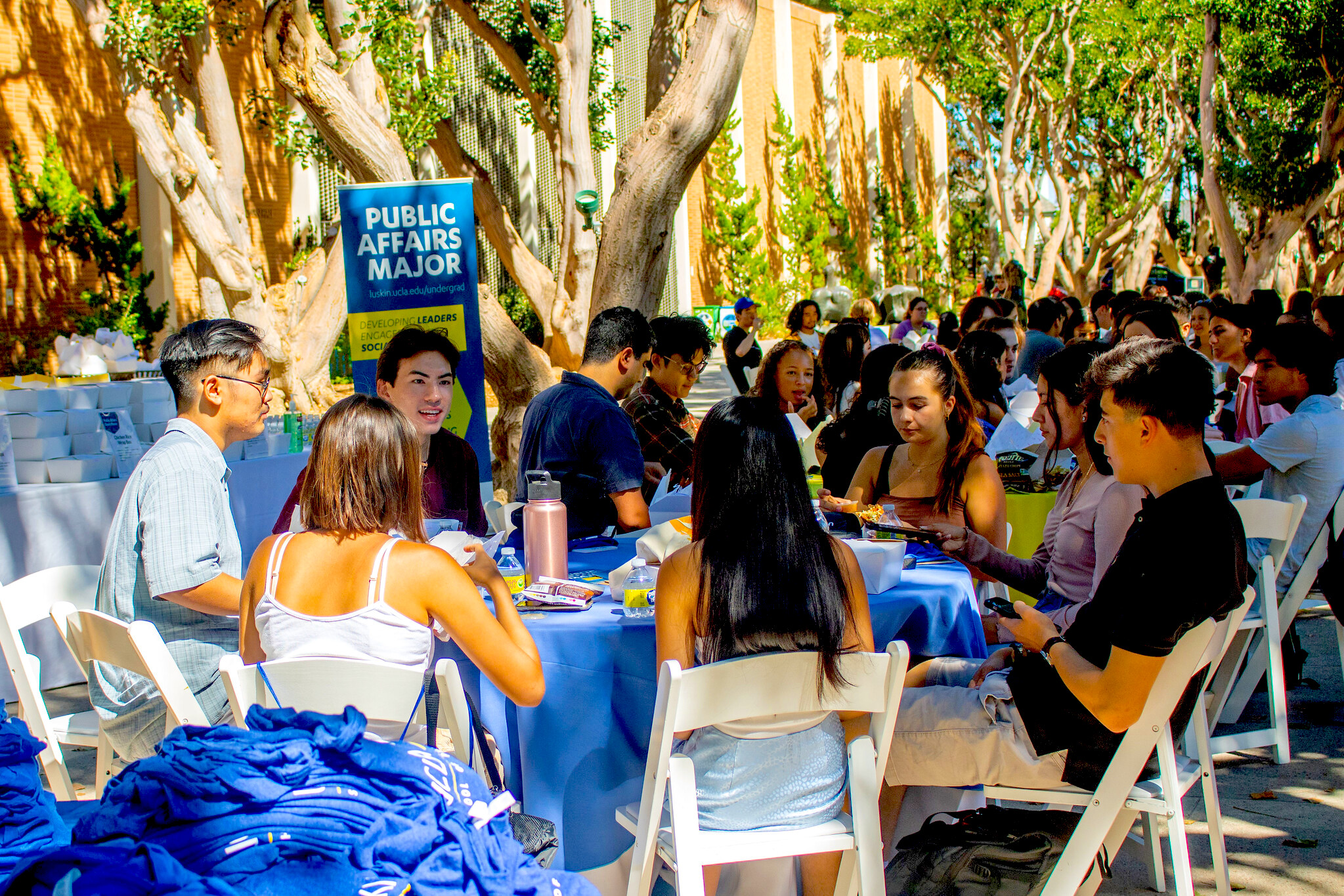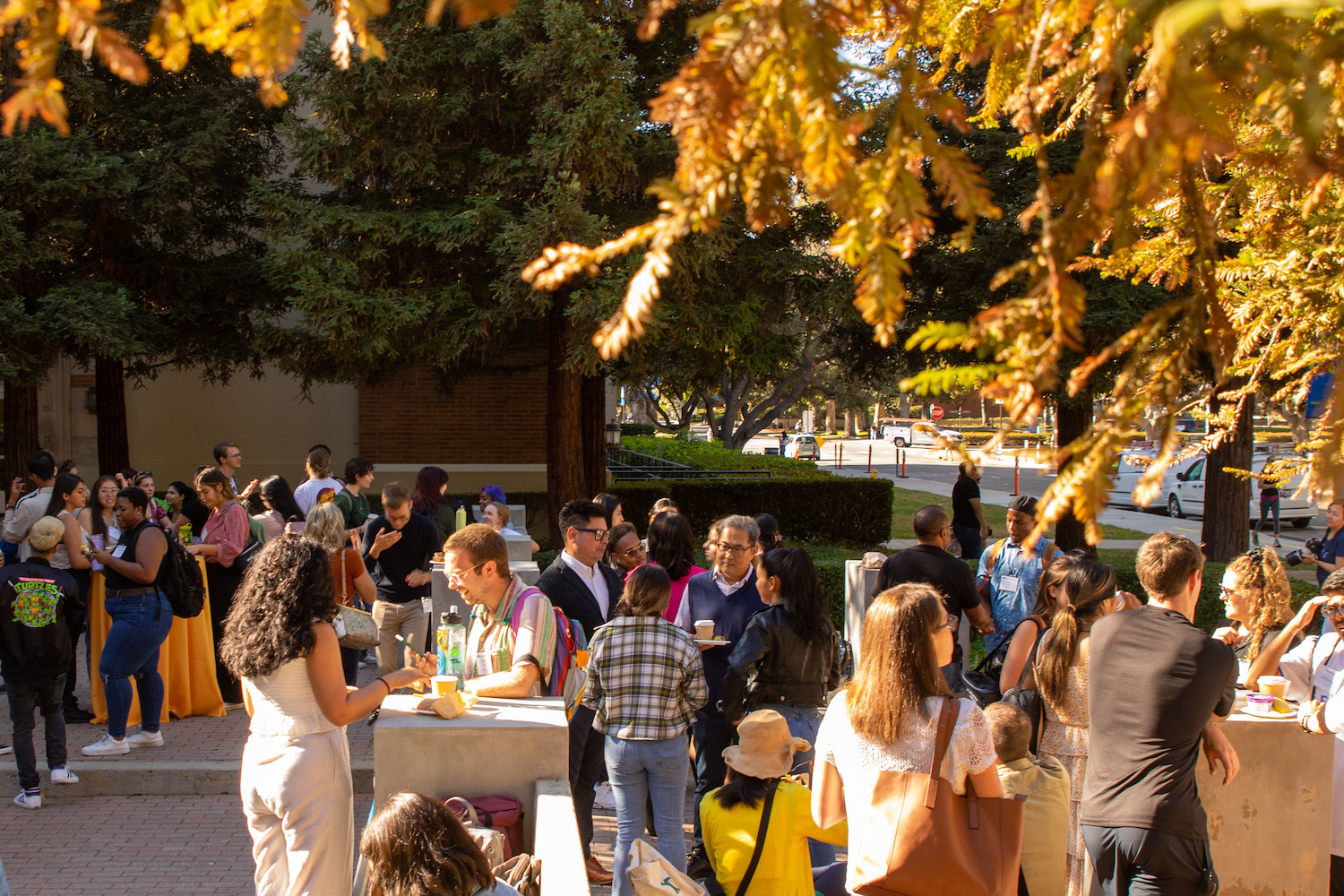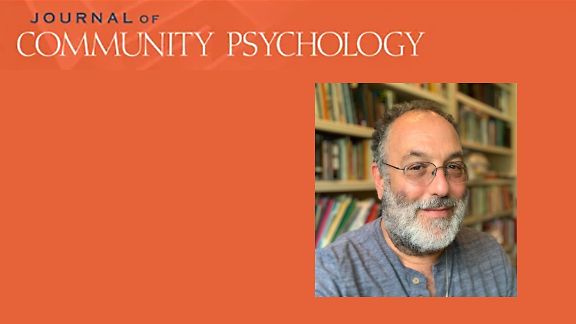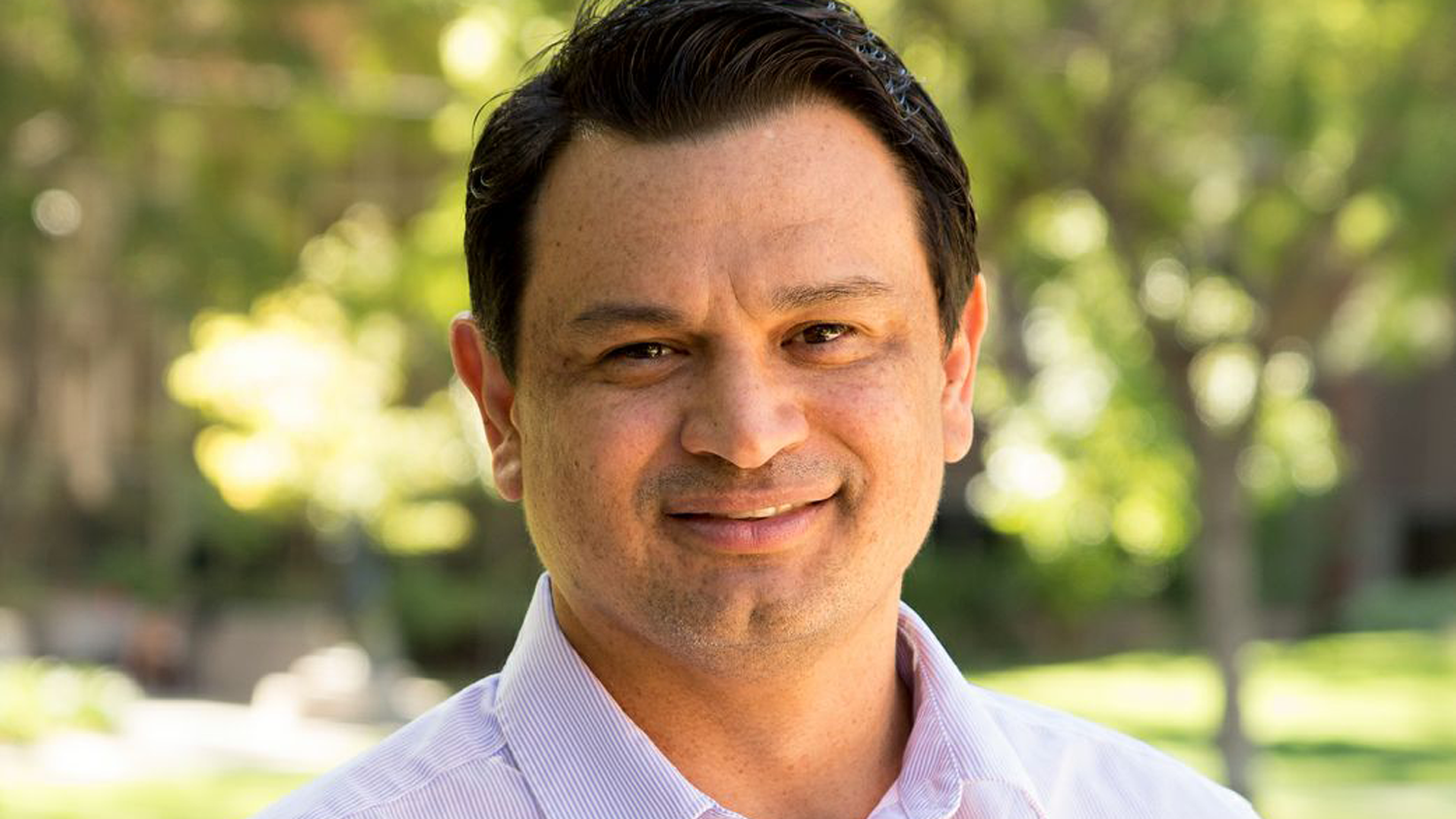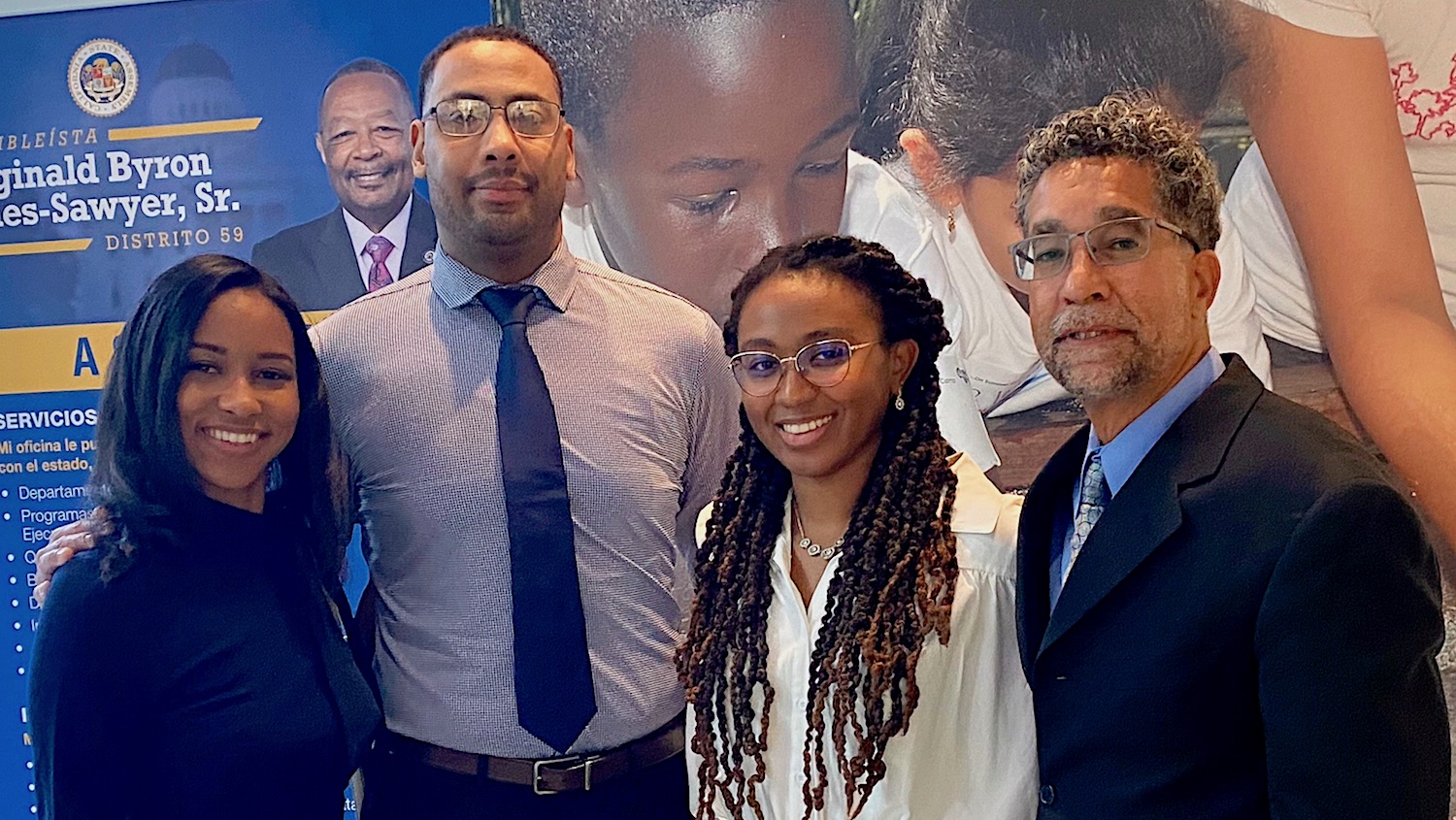
UCLA Research Guides California Reparations Task Force
Professor Michael Stoll and a team of UCLA Luskin graduate students appeared before the California Reparations Task Force to present research that will guide deliberations on how to compensate Black residents for generations of discrimination arising from the country’s legacy of slavery. At the Sept. 23 public meeting at the California Science Center in Los Angeles, the researchers shared their analysis of personal testimonies, interviews and survey responses collected from January through August of this year — all aimed at gathering perspectives about the Black experience from individuals across the state. The team found widespread support for financial reparations to Black Californians who can establish lineage to enslaved ancestors, as well as for programs that provide non-cash support, such as small business assistance, tax exemptions and land grants. Working under the task force’s expedited timeline, the team transcribed, codified and analyzed an enormous amount of data in less than four weeks, a fraction of the time a project of this magnitude would typically require. The task force, made of up state legislators and other distinguished leaders, will utilize the findings as they develop recommendations regarding how to atone for past harms suffered by Black Californians. Stoll, a professor of public policy and urban planning, is director of the Black Policy Project housed at the UCLA Ralph J. Bunche Center for African American Studies. The graduate student researchers working on the project include Jendalyn Coulter, who is pursuing a joint MSW/MPP degree; Chinyere Nwonye, a second-year MPP student; and Elliot Woods, MPP student and chair of the Luskin Black Caucus.
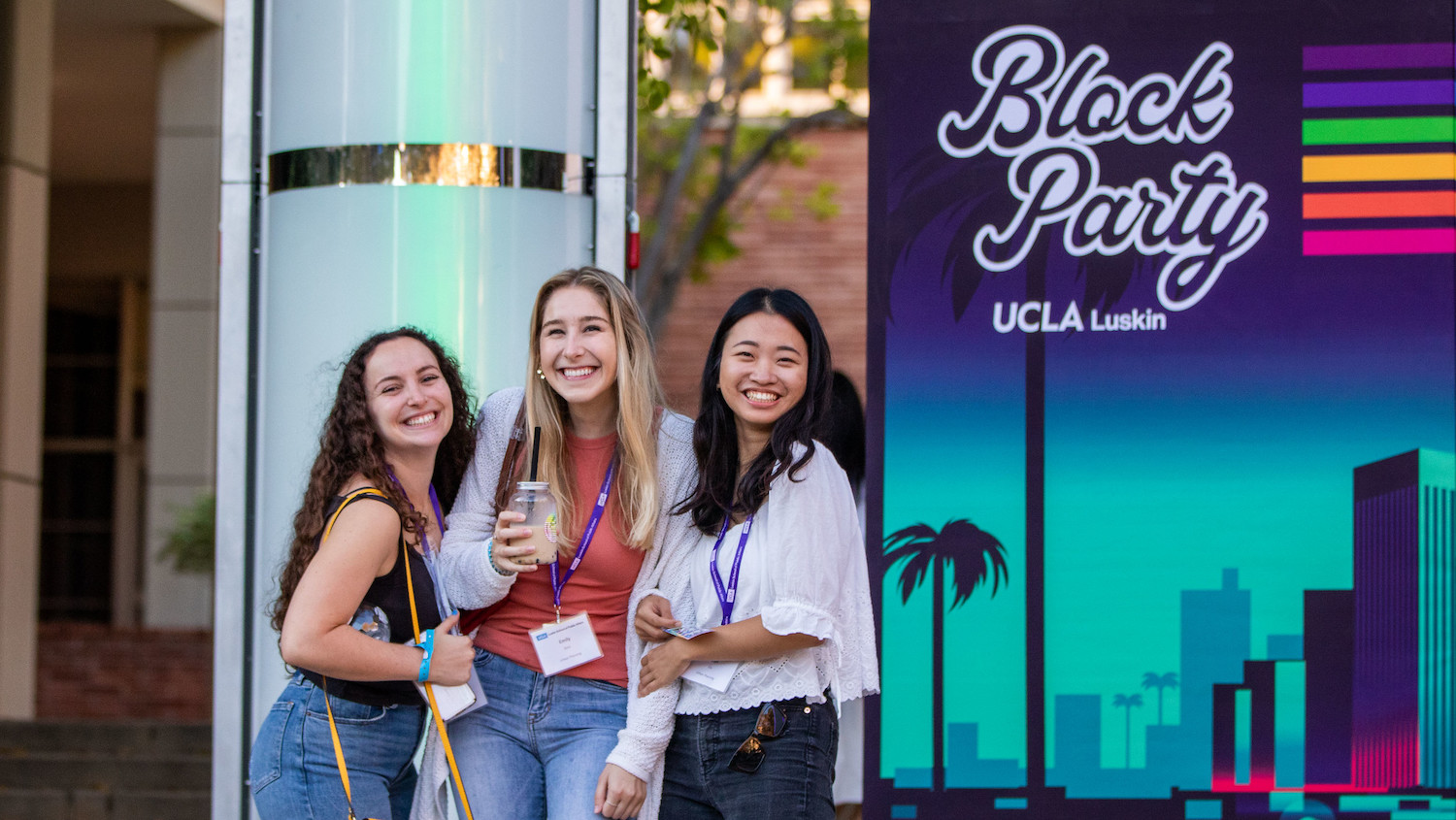
Making Connections at UCLA Luskin
The UCLA Luskin School of Public Affairs kicked off the 2022-23 academic year with a series of opportunities to connect with students, alumni, faculty and staff. Welcome Week included a graduate student orientation that brought public policy, social welfare and urban planning students together and an undergraduate open house that shared information about the public affairs major during an outdoor luncheon. And on Sept. 22, the 11th annual UCLA Luskin Block Party drew a record crowd, including the School’s benefactors, Meyer and Renee Luskin.
View UCLA Luskin photo galleries from:
11th Annual UCLA Luskin Block Party
Research Finds Homeless Students Understudied and Overlooked
Despite increasing recognition as a national problem, homeless students remain an understudied and overlooked population that endures multiple challenges, as do the schools and districts that serve them, according to a new report co-authored by UCLA Luskin Social Welfare Professor Ron Avi Astor. The comparative case study, published online in the Journal of Community Psychology, explored the identification, service provision and school experience of homeless students in high- and low-socioeconomic districts. Astor and his colleagues compared two California school districts and their four elementary and middle schools. They found that despite differences in the socioeconomic context, both districts were under-identifying homeless students. “Both districts were underserving and lacking awareness of homeless students that were not identified,” they wrote. However, they found that the low-socioeconomic district had far greater poverty awareness than the high-socioeconomic district and, subsequently, an existing organizational structure to support identified homeless students. “Poverty awareness and districts’ organizational structure are important contextual factors to consider in designing local and tailored interventions and services for homeless students,” they noted. Schools play a major role for homeless students and may be the last social institution with which they interact before disengaging from all social institutions. “Meeting the substantial challenges involved in building schools and districts that support homeless students will require district policies and practices that explicitly address issues of poverty, homelessness and injustice,” they conclude. “Poverty awareness and districts’ organizational structure are important contextual factors to consider in designing local and tailored interventions and services for homeless students.”
Akee Is Among Equitable Growth Award Recipients
Randall Akee, associate professor of public policy, is among those sharing this year’s research grants totaling more than $1 million from the Washington Center for Equitable Growth. The funding is for research relating to inequality’s impact on economic growth and stability. A study of “deaths of despair” among Native Americans, particularly women and girls, will be conducted by three academic researchers and Akee, who is chair of the American Indian Studies Interdepartmental Program at UCLA. In their funding proposal, the researchers said they plan to investigate why such deaths are proportionately higher for Native Americans than among other ethnic groups in the United States. Researchers will examine whether the known predictors of a death of despair for white constituents, especially men — joblessness, high rates of unemployment — are different than those for Native American women and girls. The study will also focus on the oil fracking industry and whether fracking in proximity to Native American lands induces more human trafficking activity. This, in turn, might also induce coping behaviors such as increased alcohol and substance use that could lead to higher rates of suicides among Native American women and girls, according to the research proposal. Equitable Growth has seeded more than $8.8 million to nearly 350 scholars through its competitive grants program since its founding in 2013. According to the organization’s news release, this year’s 42 grantees include economists and social scientists who currently serve as faculty or are postdoctoral scholars and Ph.D. students at U.S. colleges and universities, as well as scholars from government research agencies.
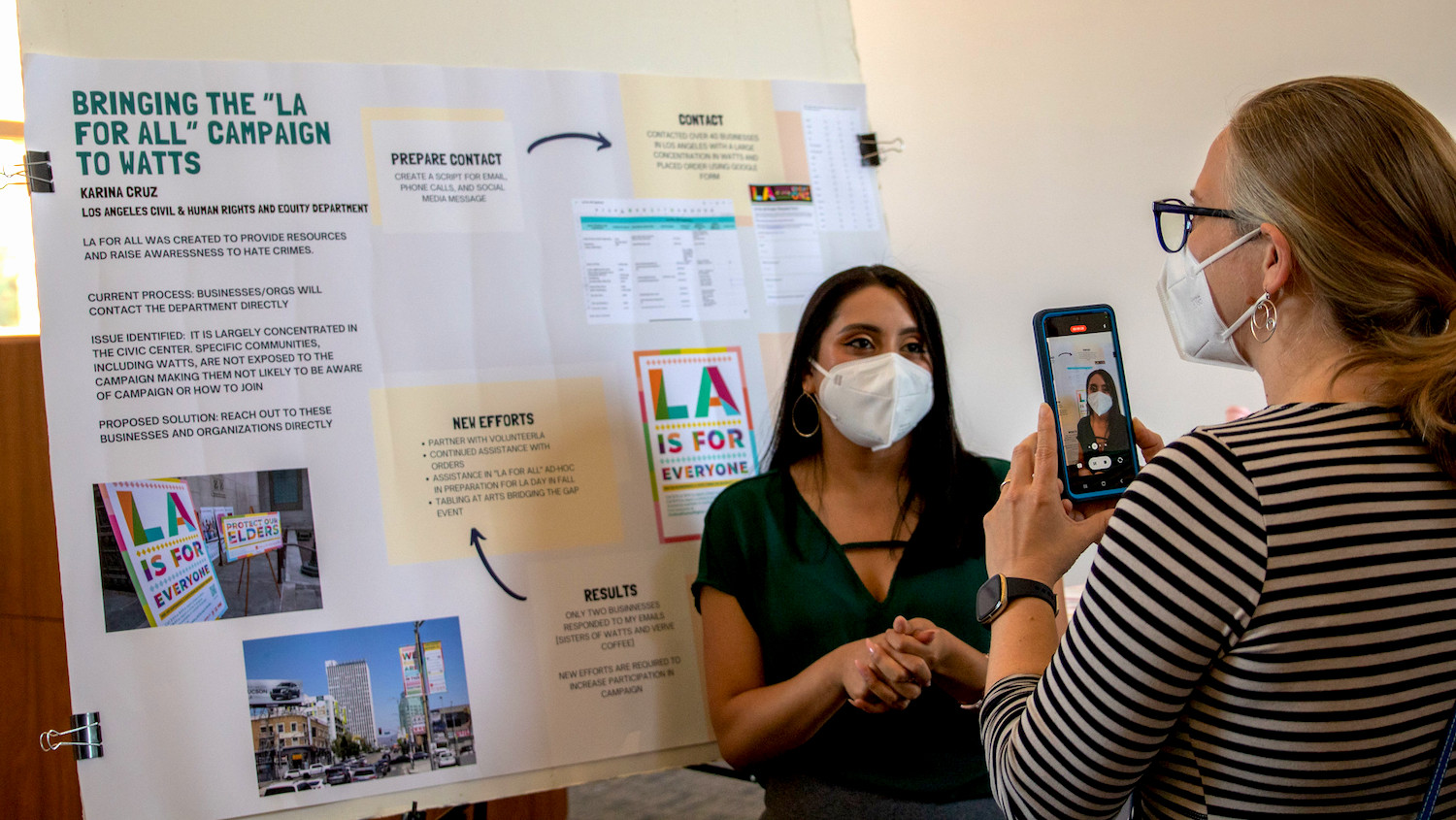
A Graduation Milestone for Luskin Public Affairs Majors
UCLA Luskin’s undergraduate Class of 2022 had the distinction of beginning a school tradition: the in-person exhibition of yearlong research projects that are the hallmark of the bachelor of public affairs program. During the Public Affairs Capstone Showcase in June at UCLA’s Royce Hall, graduating seniors shared their work on capstone projects benefiting more than 50 internship hosts, including UCLA research centers, Los Angeles government officials and agencies, state legislators, and nonprofits with local, national and international reach. Through poster boards and digital presentations, students at the showcase summarized their research and recommendations for an audience of peers, faculty, staff and internship partners. Rebecca Crane, who earned her doctorate in urban planning at UCLA Luskin in 2021, served as the capstone instructor, guiding the students through a three-quarter journey that honed their skills in applying public affairs course concepts to real-world problem-solving. Students who produced exceptional work were honored with the Public Affairs Experiential Learning Outstanding Capstone Award after review by a faculty advisory committee. The Class of 2022 is only the second graduating class in the Luskin undergraduate program. Members of last year’s cohort presented their capstone projects in a virtual setting due to the COVID-19 pandemic.
View winners of the Outstanding Capstone Award along with other honorees in the 2022 Luskin Undergraduate Awards Program.
View photos of the Public Affairs Capstone Showcase on Flickr.
Report Finds Latino Representation Lacking in State Government Appointments
A new report from the UCLA Latino Policy and Politics Institute (LPPI) offers an in-depth picture of the state of Latino representation across the California governor’s leadership cabinet and influential state governing bodies. Latinos make up 39.1% of the state population but only 18.4% of executive appointees, according to the report. Among all women, Latinas remain the most underrepresented. The report also found a lack of Central and Southern California voices on executive boards and commissions. These influential state governing bodies play a critical role in advising the administration, establishing statewide policy priorities and regulatory standards, and determining the allocation of billions of dollars in public resources. The report noted that Latinos who do serve on these bodies tend to be more recent appointments: 70.7% of Latino appointees were appointed in the last four years, while non-Hispanic white appointees are more likely to be legacy appointments carried over from a previous administration. Policy recommendations outlined in the report include limiting these legacy reappointments and issuing an executive order that sets directives for reaching proportional representation of the state’s diverse constituencies across race and ethnicity, age, gender, sexual orientation and geographic residence. “Without representation in these bodies, the myriad of policy reforms necessitating a Latino lens evolve into a universal approach that can leave Latinos worse off,” LPPI Executive Director Sonja Diaz told the Sacramento Bee. “Our elected leaders have an obligation to do more to ensure the state’s diverse Latino population is truly represented as architects of state policy and rule-making.”
Alumnus Stephen Cheung to Lead L.A. County Economic Development Corporation
UCLA Luskin Board of Advisors member Stephen Cheung has been named as the new president and CEO of the Los Angeles County Economic Development Corporation (LAEDC), succeeding longtime president Bill Allen when he retires in January. Cheung, a double Bruin who earned his master’s in social welfare at UCLA in 2007, is currently the chief operating officer at the nonprofit organization, which focuses on equitable economic growth in the region. He also leads the LAEDC-affiliated World Trade Center Los Angeles and previously managed policies and programs related to the Port of Los Angeles. “Our staff, board and I all agree that LAEDC will be in excellent hands under the leadership of our COO Stephen Cheung,” Allen said in a news release. “Stephen has been a tremendous partner to me in leading the LAEDC and WTCLA for the past seven years, and I’m genuinely excited to see where he will take the organization over the next decade.” Los Angeles County Board of Supervisors chair Holly J. Mitchell said, “Stephen has been a steadfast champion to crush the digital divide and to ensure an economy that works for all county residents. We are indeed grateful for Bill Allen’s 17 years of service and look forward to working with Stephen Cheung in the years ahead.” An active alumnus who has been a member of the Board of Advisors at the Luskin School since 2018, Cheung helped conceive the School’s annual Luskin Summit event and continues to serve on its organizing committee.
